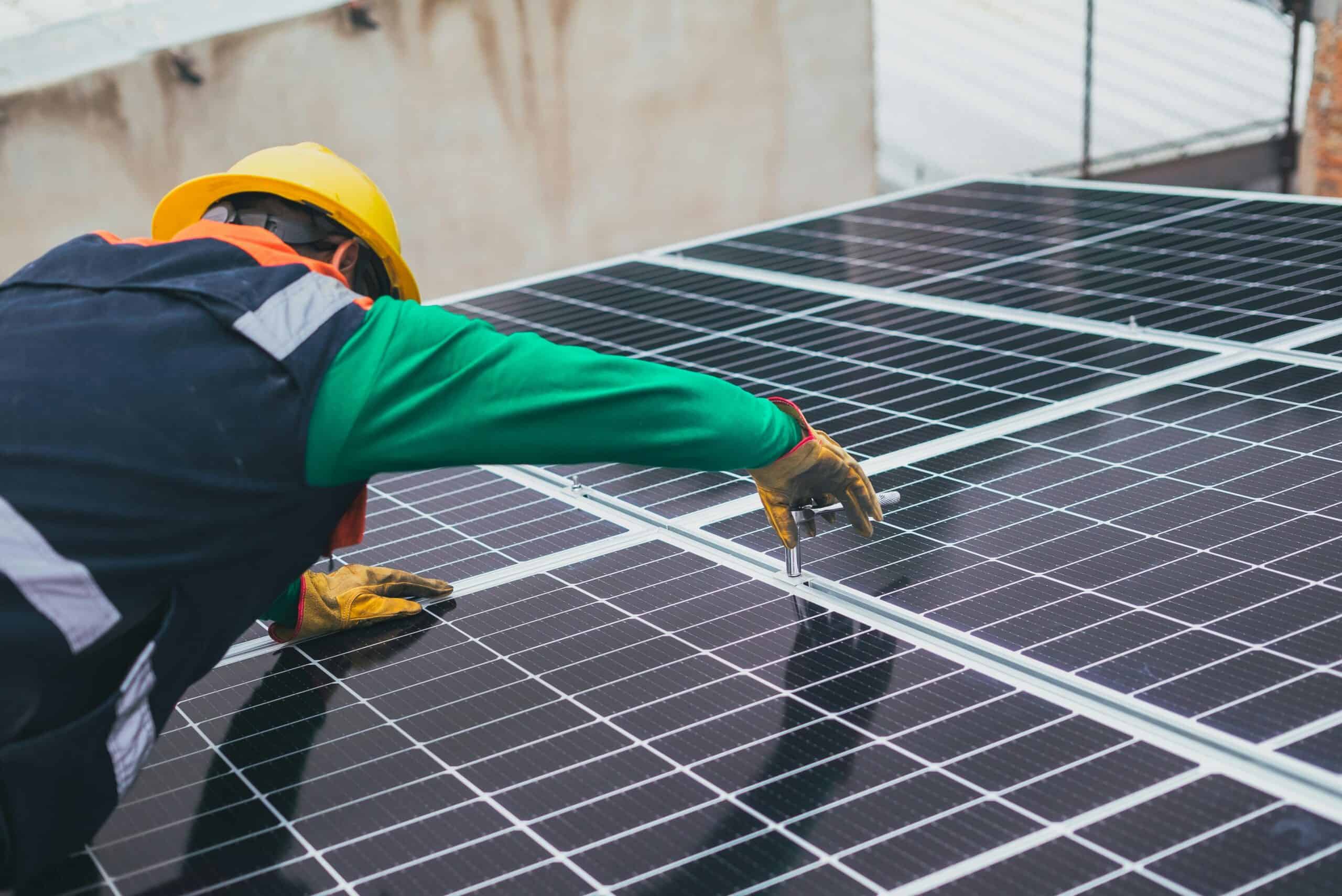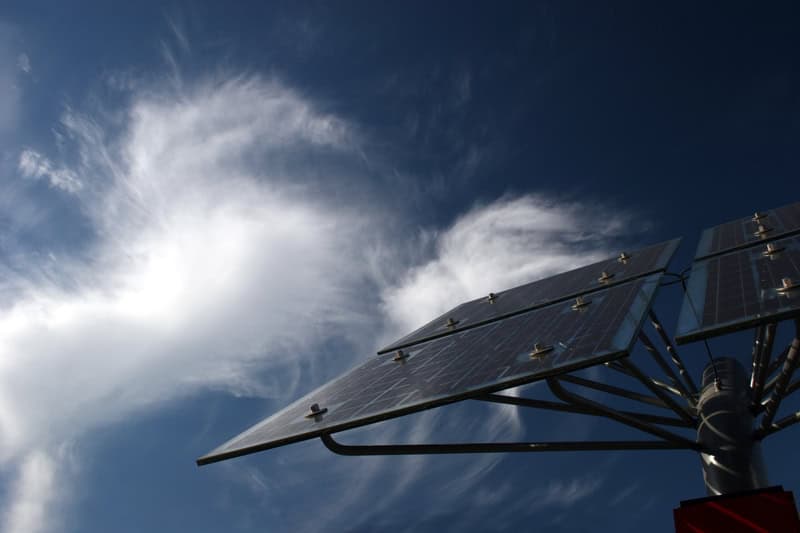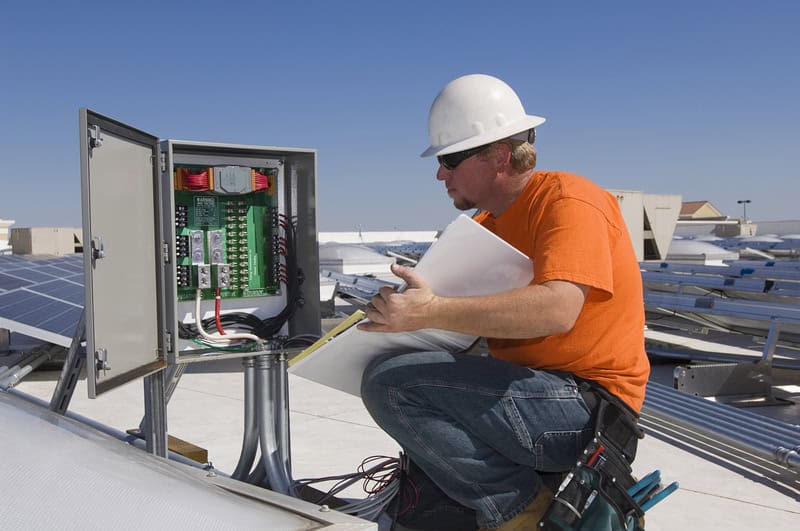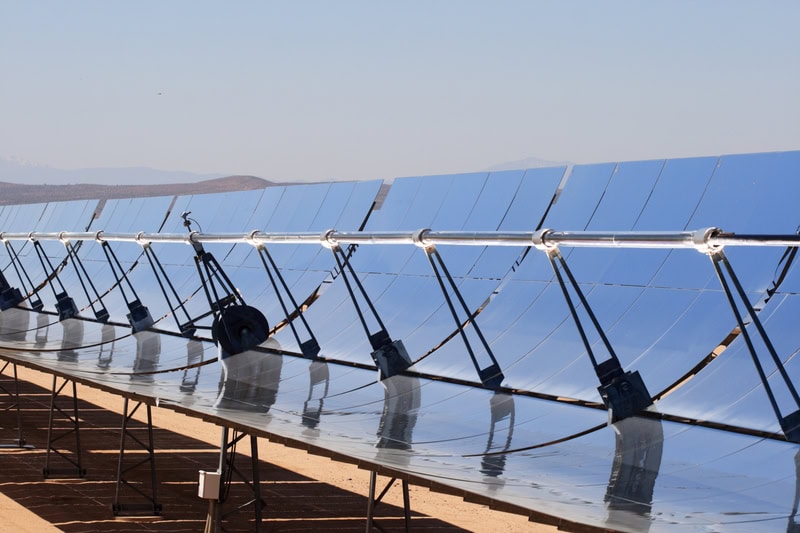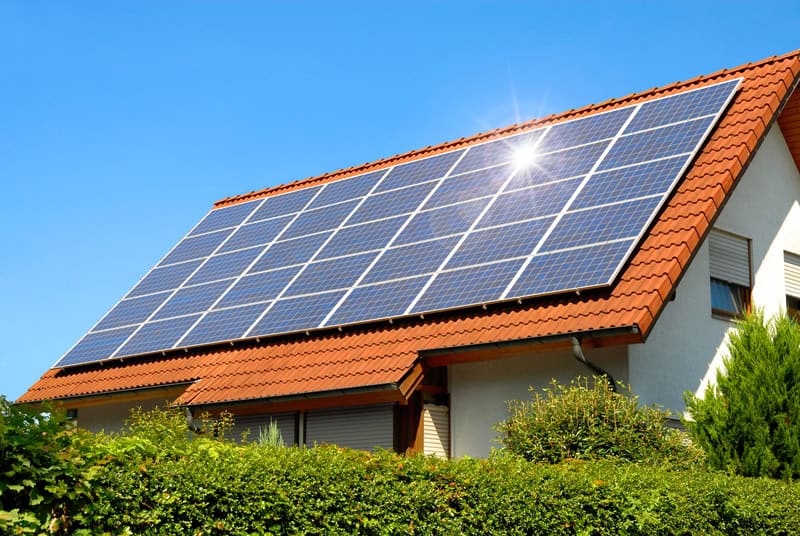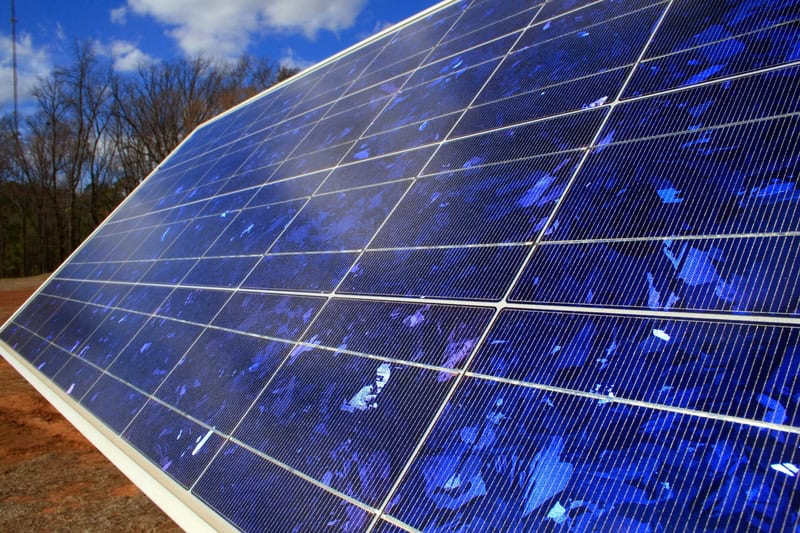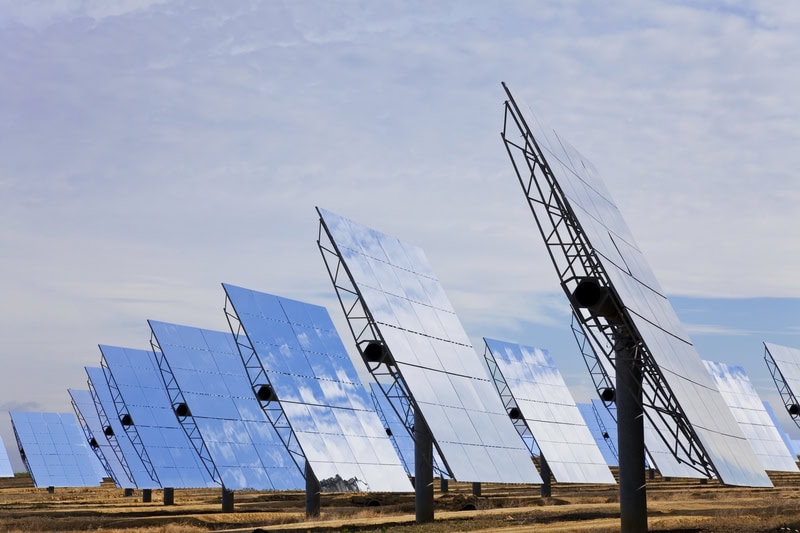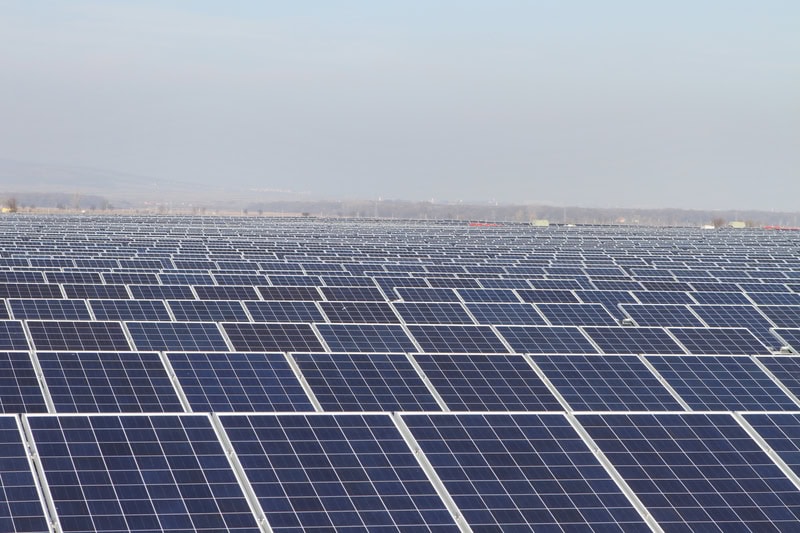Table of Contents
Introduction to JMS Energy’s Solar Expertise in 2025
Solar power is rapidly becoming one of the most important energy sources in the world. In 2025, having true solar expertise means understanding new technologies, adapting to evolving regulations, and helping customers achieve energy independence with systems built to last. JMS Energy plays a leading role in this transformation, offering dependable, data-driven, and future-proof solar solutions.
Their focus on innovation, system accuracy, and long-term value ensures that clients receive top-tier solar installations tailored to their specific needs.
Understanding the Meaning of Solar Expertise
Solar expertise includes more than basic knowledge of panels and batteries. It combines:
- Technical skill in engineering, wiring, and system configuration
- Hands-on experience with hundreds of on-site installations
- Performance analysis to maximize system output
- Up-to-date knowledge of solar regulations and incentives
- Innovative strategies based on global solar advancements
This level of expertise ensures that every system performs reliably for 25+ years.
Why Solar Expertise Is Critical in 2025
The solar industry is evolving faster in 2025 than ever before. Homeowners and business owners need professionals who understand:
- New solar panel technologies
- Updated building codes
- Advanced battery storage options
- More complex utility interconnection rules
- Incentives and tax credits that can change annually
JMS Energy’s experience allows clients to make well-informed decisions while maximizing efficiency and financial savings.
How JMS Energy Evaluates Your Solar Needs
Every project begins with a detailed evaluation:
Site Assessments
JMS Energy studies sun exposure, shading, roof structure, and local climate patterns.
Energy Audits
Technicians measure your current energy use and peak demand periods.
Load Calculations
Engineers design system size based on your unique consumption, future expansion plans, and desired independence level.
This careful analysis ensures that your solar system is optimized from day one.
Advanced Solar Technologies Used by JMS Energy
JMS Energy integrates some of the most advanced technologies available today:
- High-efficiency monocrystalline solar panels
- Smart inverters capable of real-time performance adjustments
- Lithium-ion and next-generation batteries
- AI-based monitoring systems
- Hybrid systems for grid and off-grid reliability
These technologies ensure better efficiency, longer lifespan, and maximum energy output.
Custom Solar System Design Backed by Solar Expertise
JMS Energy’s engineering team creates customized designs for every project:
- Detailed wiring and layout diagrams
- 3D performance modeling
- Structural and electrical safety planning
- Renewable energy compliance checks
Every design is made with long-term durability and efficiency in mind.
Solar Expertise for Residential Customers
Homeowners benefit from JMS Energy’s ability to create systems that improve comfort, savings, and independence.
Key residential advantages include:
- Energy independence
- Automatic backup during outages
- Smart home connectivity
- Lower monthly electric bills
- Scalable systems for future needs
Solar Expertise for Commercial & Industrial Clients
Businesses require larger, more complex solar configurations. JMS Energy specializes in:
- Commercial rooftops
- Ground-mounted solar fields
- Solar carports and EV-charging integrations
- Agricultural systems for irrigation and refrigeration
- Manufacturing facilities with heavy energy demands
Their commercial experience helps organizations reduce operational costs and improve sustainability metrics.
Energy Storage and Backup Solutions
Solar storage is essential in 2025. JMS Energy installs:
- Lithium-ion batteries
- Hybrid systems
- Load balancing tools
- Emergency backup power supplies
These systems provide uninterrupted power during outages or peak demand pricing.
Monitoring, Maintenance & Performance Optimization
Every JMS Energy system includes high-quality monitoring tools that track:
- Real-time energy generation
- System health
- Battery performance
- Energy usage trends
Predictive maintenance alerts help prevent downtime and maintain optimal operation.
How JMS Energy Uses Data & AI to Improve Solar Output
Artificial intelligence plays a key role in modern solar energy. JMS Energy leverages AI to:
- Forecast energy production
- Adjust system performance automatically
- Analyze long-term trends
- Recommend upgrades or configuration improvements
This ensures systems always run at peak efficiency.
Financial Benefits of Working with JMS Energy
Choosing JMS Energy provides several economic advantages:
- Lower utility bills
- Access to federal tax credits and solar incentives
- Increased property value
- Reduced reliance on rising utility costs
- Strong long-term ROI
Financial planning is part of their Solar Expertise, ensuring clients get the best possible return.
Sustainability & Environmental Impact
JMS Energy’s installations help reduce carbon emissions, promote renewable energy adoption, and support eco-friendly living. Their systems are designed with materials built to withstand harsh conditions while maintaining high environmental standards.
Why JMS Energy Stands Out in the Solar Industry
JMS Energy excels because of:
- Years of proven success
- Advanced engineering practices
- Reliable customer support
- Premium product partnerships
- Strong commitment to quality
Their reputation is built on delivering measurable results.
How JMS Energy Prepares You for the Future of Solar
Every system is designed to grow with your needs. JMS Energy ensures your installation can integrate:
- Future battery expansions
- EV charging stations
- Smart grid updates
- New solar technologies
Their forward-looking mindset keeps customers prepared for tomorrow’s energy standards.
FAQs About Solar Expertise and JMS Energy
Q1: What does Solar Expertise mean in practical terms?
It refers to the knowledge, experience, and technical skill needed to design efficient and reliable solar systems.
Q2: How does JMS Energy stay updated on new solar technologies?
Through industry conferences, global partnerships, and continuous research.
Q3: Can JMS Energy help reduce my electricity bill?
Yes. Most clients see significant reductions in monthly energy costs.
Q4: Do I need battery storage in 2025?
Storage is recommended for backup power, energy independence, and long-term savings.
Q5: Can solar systems be expanded later?
Absolutely. JMS Energy designs systems that can grow with your future needs.
Q6: How long does a solar system from JMS Energy last?
Most systems last 25–30 years or more with proper maintenance.
Conclusion
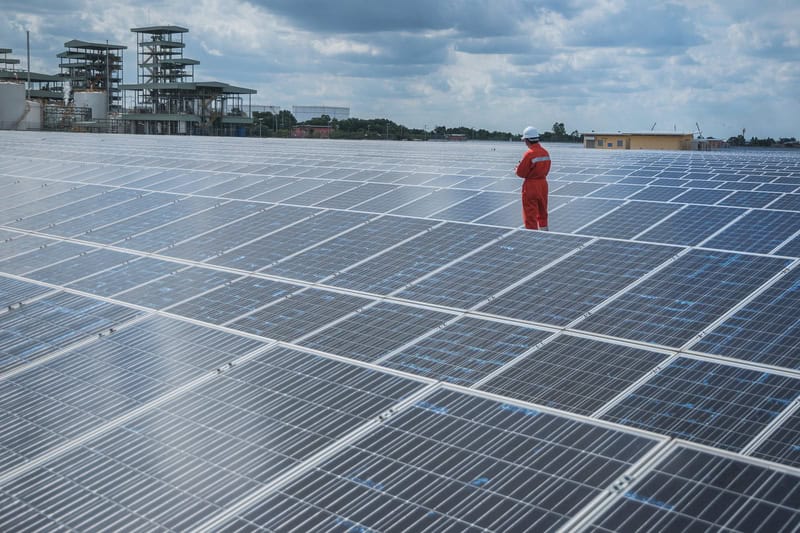
JMS Energy uses its advanced solar expertise to deliver high-quality, long-lasting, and efficient solar solutions for homes and businesses in 2025. Their experience, technology, and customer-focused approach ensure every client receives a system designed for maximum savings, reliability, and sustainability. With JMS Energy, you gain a trusted partner committed to powering your future through clean, renewable energy.
Want to see that expertise firsthand? Contact JMS Energy here.

